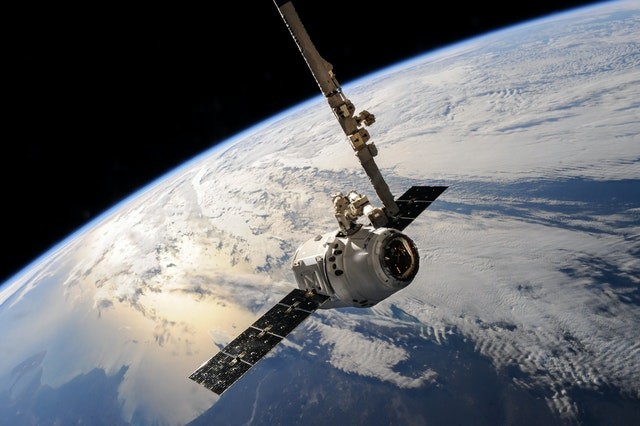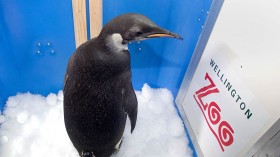NASA and its international partners in Europe and Japan have combined the collective scientific power of their Earth-observing satellite data.
This is done to expand the online resource to document a broad range of planet-wide changes in the environment and human society, building on the collaboration that produced the COVID-19 Earth Observing Dashboard in 2020.

Collaboration
The enhanced NASA, European Space Agency (ESA), and Japan Aerospace Exploration Agency (JAXA) dashboard contain six additional emphasis areas - atmosphere, agriculture, biomass, water and ocean, cryosphere, and economy - that allow users to drill down into data-driven stories and interactively explore essential datasets.
"Data accessibility is a high objective for NASA," said Karen St. Germain, head of NASA's Earth Science Division. "With our collaborators at ESA and JAXA, we've taken another crucial step toward providing the public with the most up-to-date information on our changing planet in an accessible and convenient manner that may help communities worldwide make better decisions and plans."
The dashboard provides an easy-to-use resource for scientists, decision-makers, and anyone unfamiliar with satellite or Earth observation data. It provides a complete, accurate, and objective image of our globe.
The dashboard displays changes in Earth's air, land, and water and their consequences on human activities, using reliable remote sensing information. Users may look at the indicators in different nations and areas worldwide to observe how they evolve over time.
Also Read: NASA Studies the Relationship Between Climate Change and the Influenza Outbreak All Over the US
Analyzing Data
The agencies worked together to determine the most critical satellite data streams and customized existing computer infrastructure to share data and generate meaningful indications and tales.
"International collaboration between our space agencies is critical," said ESA's head of Earth Observation Programmes, Simonetta Cheli. "Every day, advanced Earth-observing satellite data from ESA, NASA, and JAXA is used to benefit society and expand our understanding of our home planet."
Following the success of the Earth Observing Dashboard, I'm excited to see how our resources and technical expertise may be expanded and applied to help us better comprehend global environmental changes and other socioeconomic concerns that affect our world."
The atmospheric emphasis area highlights how air pollution and climate change contribute to the world's most pressing environmental issues.
Observing the Environment
Users may study satellite data that gives insights into agricultural productivity, crop conditions, and food supply in the agriculture focus region.
A narrative on how trees and plants remove significant quantities of carbon dioxide from the atmosphere each year may be found in the biomass emphasis area.
A tale about the consequences of global warming on the amount of sea ice in the cryosphere focus region allows readers to engage with a geographic representation of a JAXA sea ice dataset.
The water and ocean section focuses on the world's biggest natural resource, allowing users to explore an ocean as rich and diverse as the land.
The economics emphasis area provides statistics on how the Earth's social and economic systems are linked to the environment.
The Earth Observing Dashboard offers direct access to a dataset exploration tool, allowing users to examine the different indicators in depth interactively.
"In the trilateral collaboration, we expanded this dashboard to widely provide stories on global issues about the environment and climate change to the world," said Koji Terada, JAXA vice president and director general for the Space Technology Directorate I.
Further Plans
Last year, NASA Administrator Bill Nelson presented a proposal for NASA's Earth Information Center, which would allow the agency to use its data and modeling skills to collaborate with trusted government and community partners that have long been involved in climate-affected regions.
The Earth Observing Dashboard has been extended to coincide with the Earth Information Center's plan.
Related Article: Space Junk Heading Towards the Moon at Super Speed
For more Space news, don't forget to follow Nature World News!
© 2024 NatureWorldNews.com All rights reserved. Do not reproduce without permission.




![Climate Change is Reducing Dust Levels Worldwide as Arctic Temperature Warms [Study]](https://1471793142.rsc.cdn77.org/data/thumbs/full/70320/280/157/50/40/climate-change-is-reducing-dust-levels-worldwide-as-arctic-temperature-warms-study.jpg)
